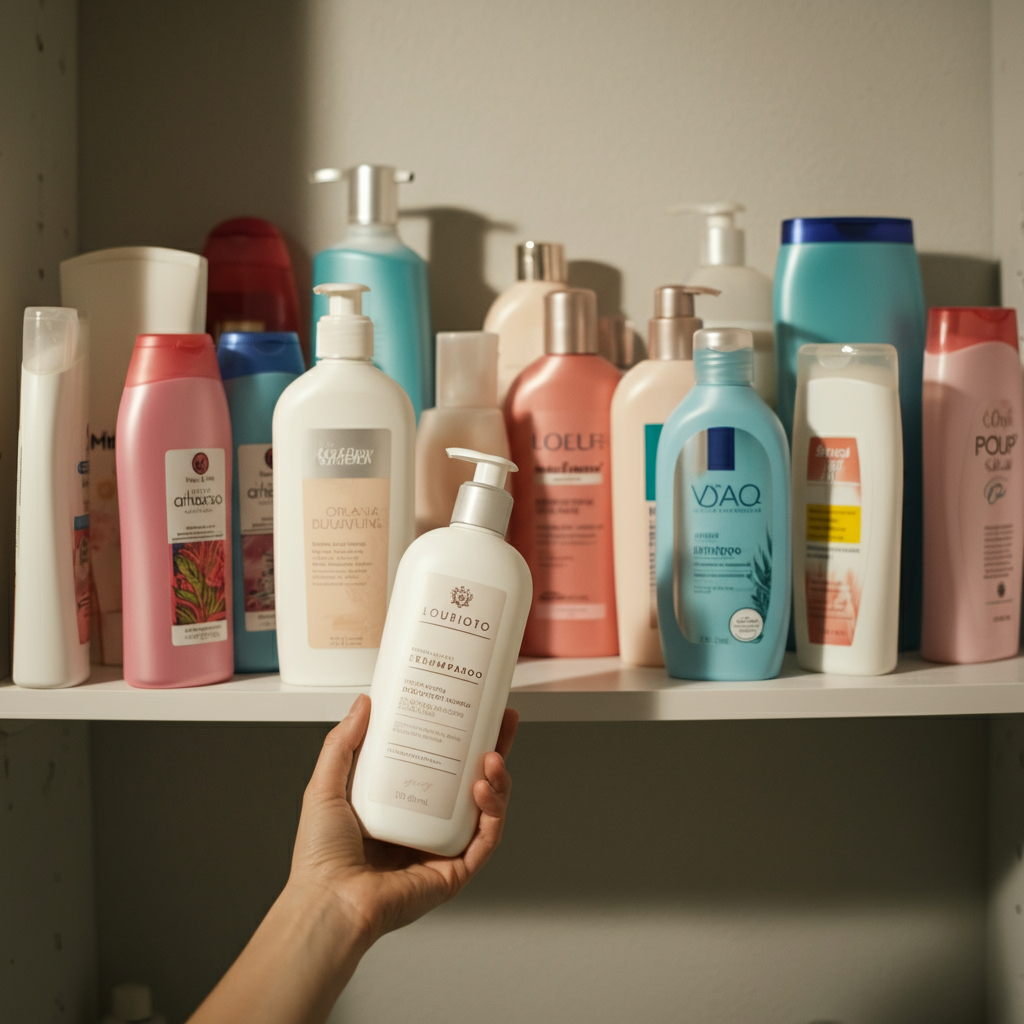
When it comes to haircare, one of the most common questions we hear is, “Are cheap shampoos unsafe for your hair?” It’s a fair question—after all, shampoos come in a dizzying range of prices, from budget-friendly supermarket options to high-end salon brands. But does a lower price tag mean compromising the quality of your hair?
This blog aims to answer that question by breaking down shampoo ingredients, discussing potential harmful effects, and sharing expert opinions. We’ll also address common myths and offer affordable recommendations for every hair type. By the end of this post, you’ll know exactly how to choose the right shampoo for your hair (without breaking the bank).
What’s Really in Your Shampoo?
Understanding what’s inside your shampoo is the first step to making a healthy choice. Cheap shampoos usually have these ingredients:
- Sulfates
Sulfates, such as Sodium Lauryl Sulfate (SLS) and Sodium Laureth Sulfate (SLES), cause shampoo foam. While they’re effective at cleaning dirt and oil, they can also strip your hair of its natural oils, leaving it dry and frizzy.
- Silicones
Silicones, found in many drugstore shampoos, coat your hair to provide a smooth, shiny finish. Unfortunately, this layer can build up over time, blocking moisture and nutrients from reaching your hair shaft.
- Parabens
Parabens preserve products to increase a product’s shelf life. While generally deemed safe in regulated amounts, hormone disruption is ongoing.
- Alcohol, Synthetic Colors, and Fragrances
Budget shampoos are filled with alcohol and synthetic additives. While these ingredients can make the product smell pleasant and maintain consistency, they may dry out your scalp or irritate sensitive skin.
The Potential Risks of Cheap Shampoos
What could be wrong if you’re using a cheap shampoo? Here’s a closer look at the potential effects.
- Moisture loss
The surfactants in sulfates are so strong that they can strip your hair of its natural oils. This leaves hair prone to dryness, breakage, and split ends-especially curly or color-treated hair.
- Product Build-up
Silicone-based shampoos can leave residue on your hair and scalp. Over time, this build-up can weigh your hair down, make it greasy, and dull its natural shine.
- Scalp irritation
Alcohol and synthetic fragrances in low-cost shampoos may irritate your scalp, leading to redness, itching, or even dandruff in some cases.
- Long-term hair damage
Consistent use of shampoos with harsh chemicals can weaken the hair shaft, damage hair follicles, and potentially lead to hair thinning or stunted growth.
While these issues sound concerning, it’s important to note that not all cheap shampoos are inherently “bad.” The impact largely depends on your hair type, the product’s formulation, and how you use it.
What Do Hair Experts Think?
To get an unbiased perspective, we turned to trichologists and haircare specialists, and here’s what they had to say:
Hannah Gaboardi (Trichologist): “The key factor isn’t the price but the ingredients. Even luxury shampoos include the same cleansing agents as drugstore brands. It all comes down to choosing a product that aligns with your hair’s specific needs.”
Anabel Kingsley (Philip Kingsley): “Cheap shampoo isn’t necessarily harmful, but it may not provide the targeted benefits of concentrated, premium ingredients.”
Dr. Hasan Benar (Dermatologist): “Sulfates, silicones, and parabens often get a bad reputation, but they aren’t problematic for everyone. It’s more about how the product is formulated and whether it suits your hair type.”
The consensus? Price isn’t a definitive marker of quality. Instead, focus on finding shampoos that meet your hair’s unique requirements.
Common Myths About Shampoo
When it comes to haircare, myths abound. Here are a few to keep in mind:
- Myth: Sulfates and Silicones Are Always Bad
Truth: Sulfates are effective for cleansing and can be fine for people with oily or non-sensitive scalps. Similarly, silicones work wonders for thick, frizzy hair by locking in moisture.
- Myth: You Need to Switch Shampoos Regularly
Truth: If your current shampoo works well, there’s no need to change it unless your hair develops new needs (e.g., seasonal dryness).
- Myth: Price Equals Quality
Truth: While luxury shampoos may contain premium ingredients, many affordable options provide effective solutions.
Quick guide for you to shop smarter:
For Oily Hair
Look for shampoos with clarifying ingredients like salicylic acid or tea tree oil to balance oil production. Avoid heavy silicones.
For Dry or Curly Hair
Hydration is key. Opt for shampoos with natural oils like argan or coconut and avoid sulfates that strip moisture.
For Sensitive Scalps
Choose fragrance-free, gentle shampoos with soothing ingredients like aloe vera or oat extract.
The bottom line? Cheap shampoos aren’t inherently “bad”, but understanding the ingredients and making informed decisions will save your hair from unnecessary damage. Whether you’re a budget buyer or interested in premium products, always prioritize your hair type and specific needs.
Next time you’re browsing the shampoo aisle, don’t be swayed by price tags alone. Instead, read the labels, research ingredients, and choose the option that aligns with the health of your hair.
Got questions or want tailored product recommendations? Leave us a comment or share your favorite affordable shampoos below!







